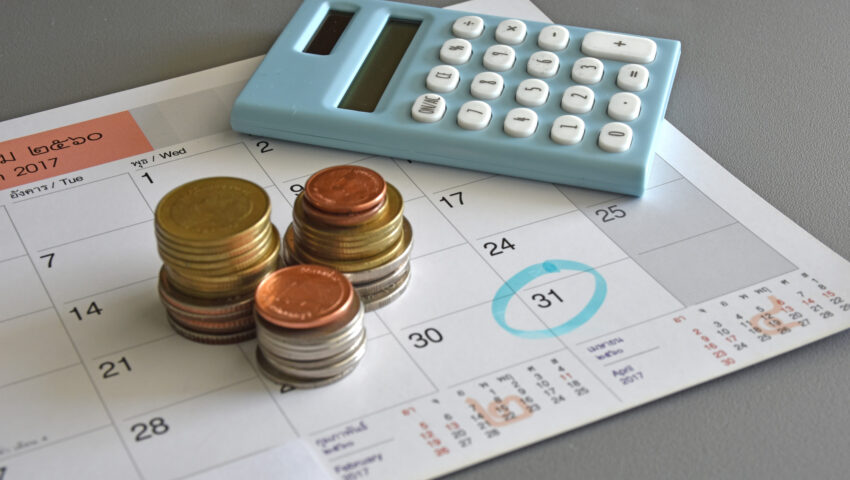Do you look back at the month’s end and wish you’d planned your expenses better? Have you ever made a massive purchase of something you didn’t need and regretted it?
If so, you must learn how to use a monthly budget planner. Budgeting can help you avoid financial stress, feel more in control, and be proactive about saving and investing.
If saving money sounds daunting, follow some essential tips to create your budget and stick to it! This guide explains why you need a budget planner.
1. To Build a Sustainable Financial Plan
A monthly budget planner provides an accurate snapshot of your income, loans, expenses, and projected savings. You can set your financial targets monthly and ensure that you stay on track to meet them.
Monthly budget planners also allow you to create a saving strategy. You can do this by setting aside a percentage of each month’s income for a rainy day fund. It will enable you to plan and anticipate future expenses, giving you the freedom to set short and long-term financial goals proactively.
Loans are helpful in case of emergencies. But before you get a loan, make sure that you can set aside money to pay it back. You can click the following to see what loan options are available.
Finally, a monthly budget planner helps you gauge how well your financial plan is going, allowing you to take the necessary corrective action.
2. To Cut Unnecessary Expenses
A budget tracker helps you identify any hidden costs or expenses you might be incurring, allowing you to stay on top of your finances.
When you track expenses, it’s easier to identify unnecessary spending and make necessary adjustments to eliminate overspending in specific categories. Without a budget, it’s easy to lose track of where your money is going.
Knowing where every dollar goes and how it is being spent can help prioritize how money is used each month. This ensures that bills are paid on time, and essential items are taken care of first.
Keep an eye out for groceries, clothing, food, and leisure-related expenses. Remember that small amounts can accumulate into a hefty sum.
3. To Make Room for Investments
With a budget planner, you can identify areas in your budget where you can make more room for investments, such as discretionary spending or any other expenses that are not necessary for you to meet your basic needs.
Setting aside a fixed amount each month can help you stay on track with your budget while making room for investments. A budget planner can also help you track your investments to ensure your portfolio is diversified and that your assets are headed in the right direction.
A budget planner will also visually show you how much money you need to invest and how to use those investments to help you reach your financial goals.
Why Use a Monthly Budget Planner
A monthly budget planner is essential for anyone looking to keep their finances in check. It can provide an easy way to budget, track, and understand your spending, which leads to more financial freedom and control.
Read our other blog posts for more financial tips!

